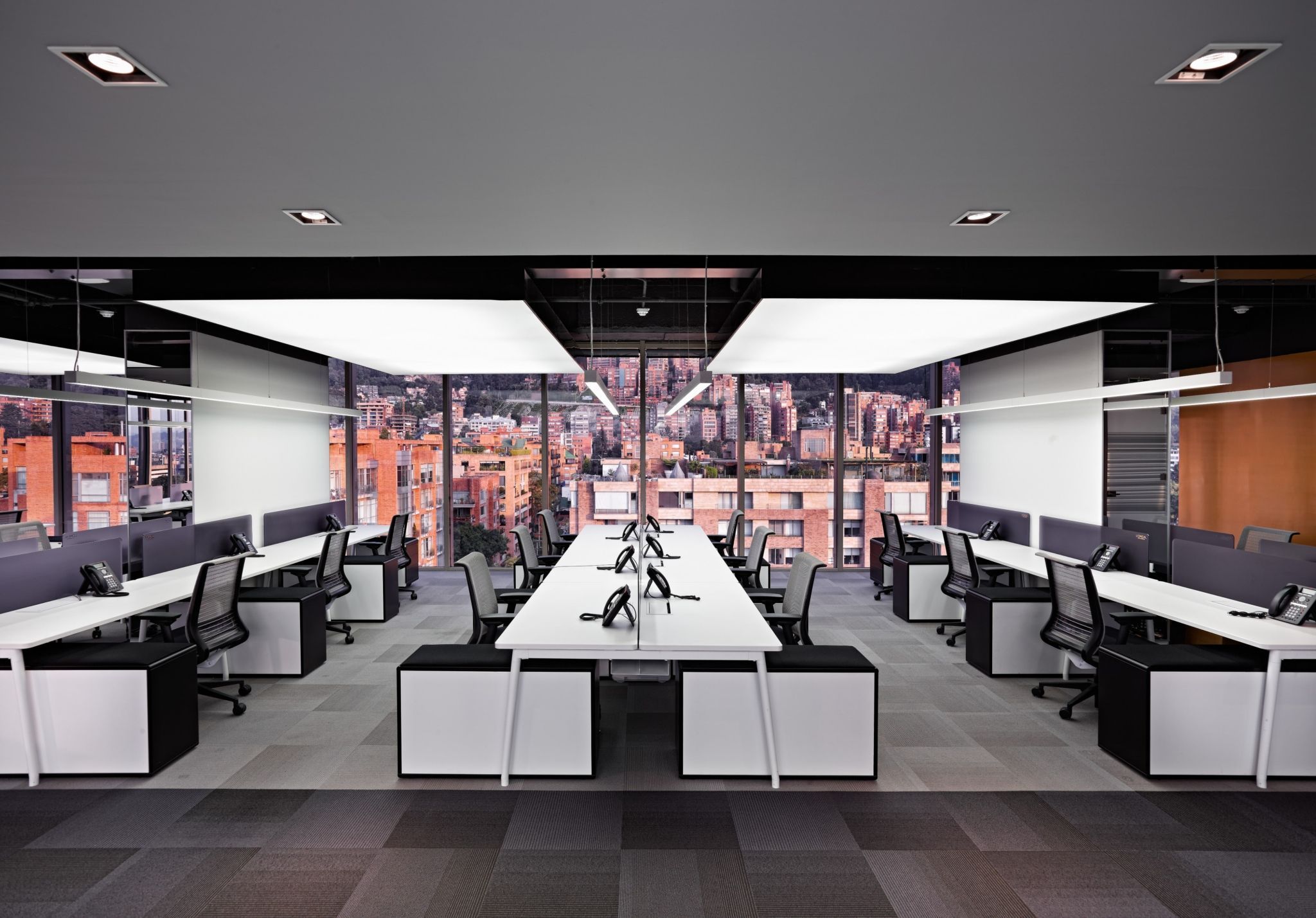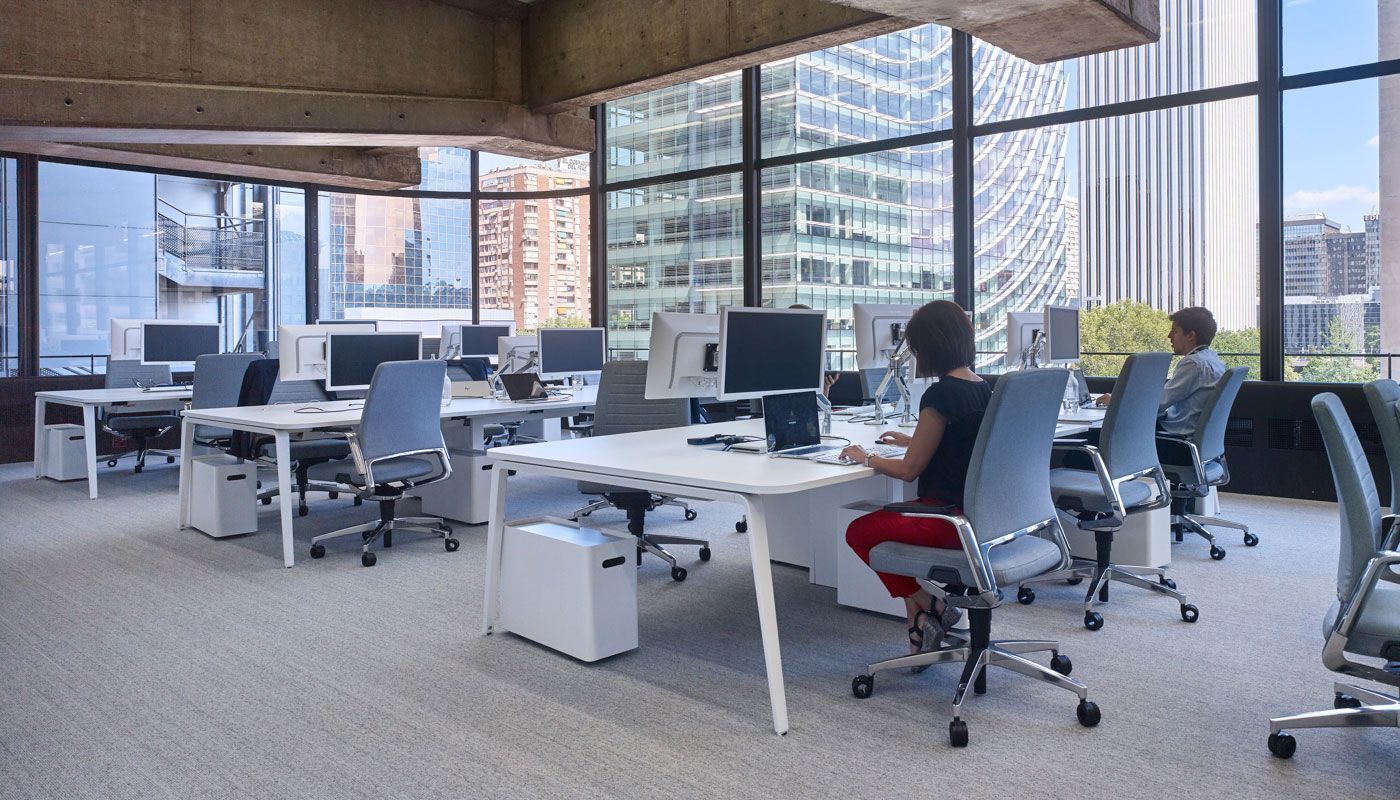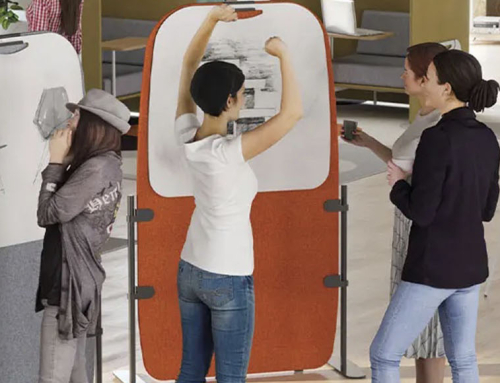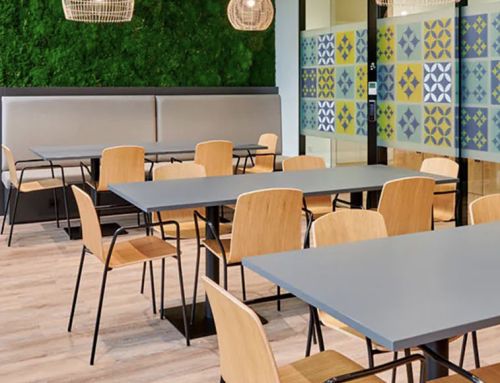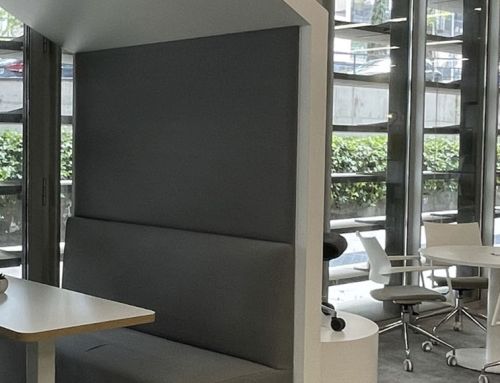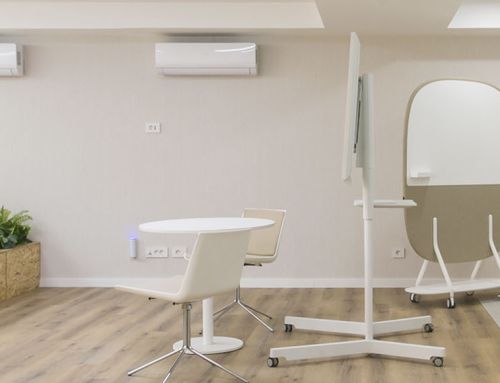Ever more frequently companies choose open space offices where employees live together, talk and work. The traditional concept of offices organized in different desks has become obsolete.
Surely the open space system is positive for the organization as it favours the exchange of ideas and collaboration. It favours interpersonal relationships and this socialization is beneficial both at a personal and collective level. This type of space was created decades ago in order to ease communication and break down hierarchical barriers to thrive horizontal and more transparent corporate cultures.
A space for each activity along with the open space
That said, in addition to advantages in terms of optimization and productivity, open spaces also pose doubts and disadvantages mainly in three aspects companies have to properly handle. What happens if you need silence and quiet to work? Why do I have to change the way I work? And, why do I have to suffer continuous interruptions from my colleagues?
In response to the first question, this blog has already highlighted in several occasions the need to offer, along with open spaces, different types of spaces – individual and collective; private and shared- in a way that we will be able to carry out each activity in the appropriate space and in the best possible conditions.
For example an alternative are “silence rooms” or “concentration areas”. These are the places where we can concentrate to carry out our work. Access to these areas is without noise-generating devices/elements and the following the basic rules of silence.
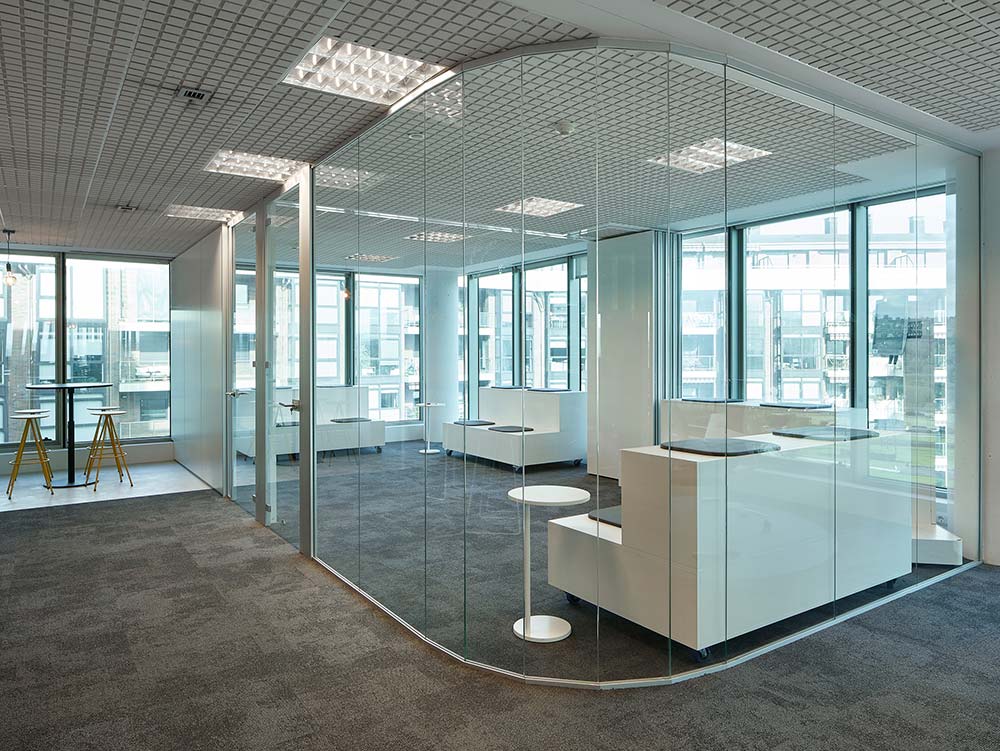
EDP
Working in an open space, a change in culture
In the new office projected according to the actual design parameters, employees will enjoy greater quality and flexibility spaces with different environments to share experiences, ideas and moments with its colleagues. However, before the transformation, the second question normally arises, “why do I have to change the way I work?” We are dealing with a change in culture.
The implementation of new ways to organize, technologies or spaces involves facing a certain sense of rejection to change. Mainly to help employees understand the reasons of this new concept of office and show them the benefits associated to this change, both for them individually and for the whole organization.
Savills Aguirre Newman Madrid
Guidelines to live together in an open space
Open spaces are much more aligned with new generations and new corporate cultures than with traditional offices but without clear guidelines to organize coexistence, far from promoting collaboration, it may lead to an uncomfortable environment for everyone. Daily relationships lead to the third disadvantage mentioned.
The main premise of every co-habitation is respect. To achieve healthy co-habitations in the office it is essential to understand that some practices may disturb our colleagues. Here are some advices that will help us avoid them:
- The work table – either assigned or non-territorial- is not a meeting point. There are other spaces at the office where you can work in teams.
- Choose the most appropriate collaborative space depending on the number of users, the level of privacy and the duration. In this sense, for example, holding meetings of more than 4 people in an open space close to work spaces may disturb everyone else. Better use closed rooms.
- Rooms have to be left ordered and tidy.
- Control the volume of your voice at your workplace; remember that you are not alone here. Silence your mobile and use headphones to talk on the phone. In order to make long calls use the appropriate spaces where you will not disturb your colleagues, such as phone booths for example. To talk in a relaxed environment with your colleagues and/or collaborators use informal areas.
- Do not misuse the different spaces, especially those which need to be booked such as meeting rooms. Book rooms only when you really need them to hold meetings with others with certain privacy. Otherwise, you will be preventing other colleagues in real need from using them.
- Operative tables are not used for lunch. Avoid the smell of food in the office. You have different areas in the office where you can eat such as the kitchen. Moreover, moving from your workplace to another area for lunch is very healthy.
Move and change position frequently at the office and you will have the option to use the different spaces depending on the activity to develop at each time. You have adjustable-height tables such as Multilevel by Ofita, alternate working seated and standing when possible.
- Order and neat at the workplace is important mainly when the open space does no longer have assigned places and anyone can use any table.
- Each of our actions affect the wellbeing of our colleagues and Environment:
- Make the most of daylight and turn off the lights and the devices when they are no longer necessary. Make sure rooms are shutdown when you leave.
- Doors and windows have to remain closed when the aircon is working.
- Avoid the use of paper when possible, choosing digital formats and when possible recycled or reusable paper.
- Avoid printing unnecessary documents.
- Use office material and consumables responsibly and use them, when possible, until the end of their useful life.
- Separate correctly the wastes in the appropriate containers (organic/plastic/glass/paper and board/batteries).
- Remove clips, staples and metallic elements from papers before recycling.
[/fusion_text][/fusion_builder_column][/fusion_builder_row][/fusion_builder_container]
